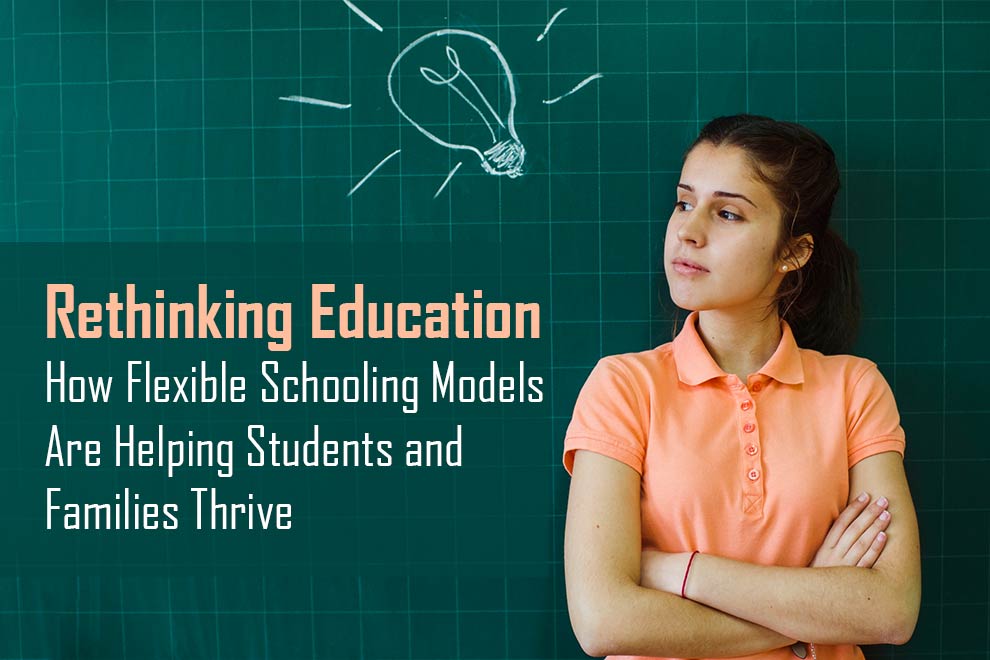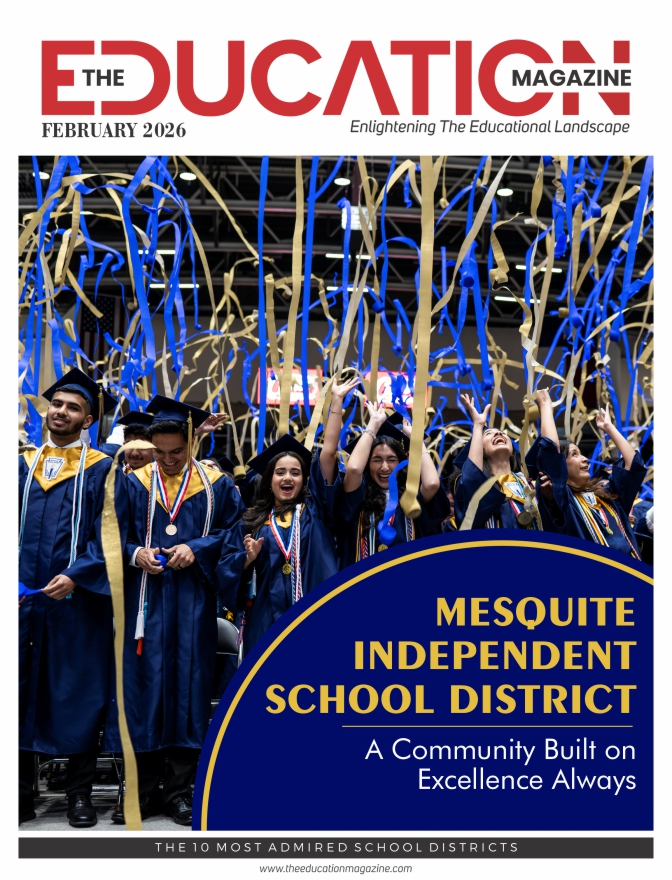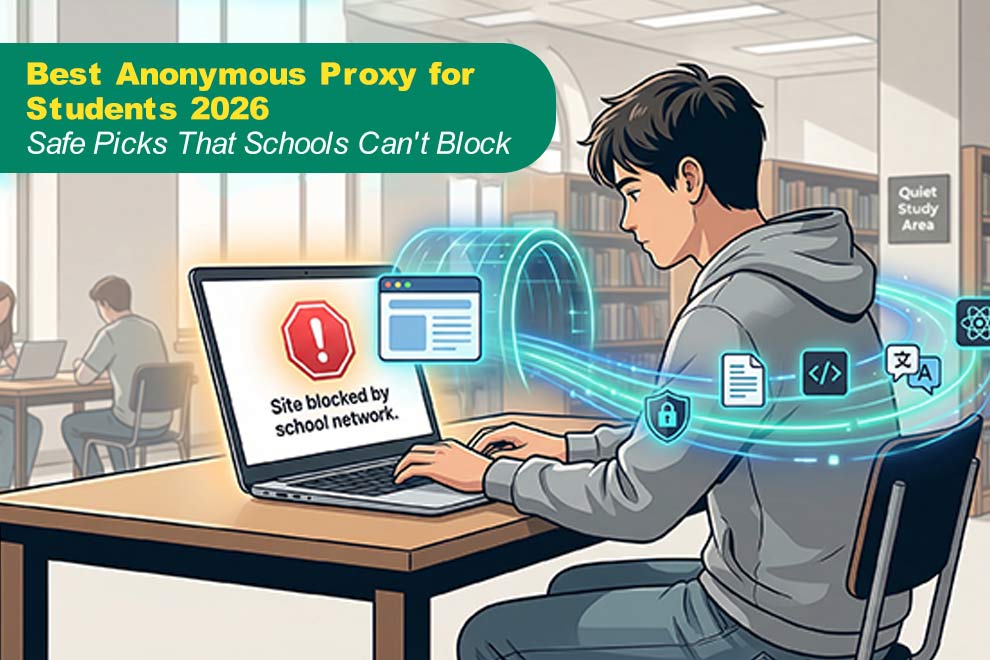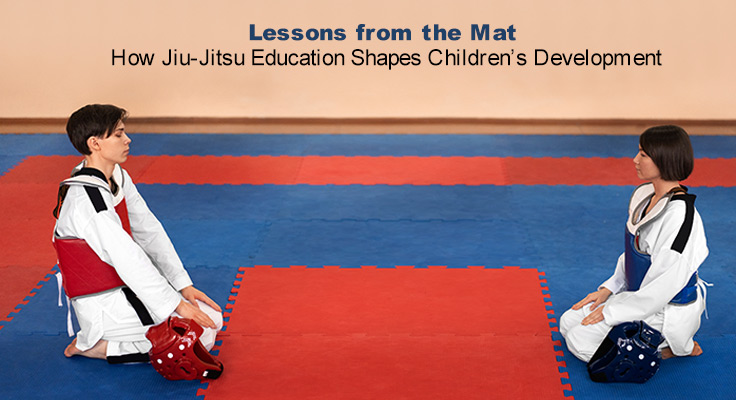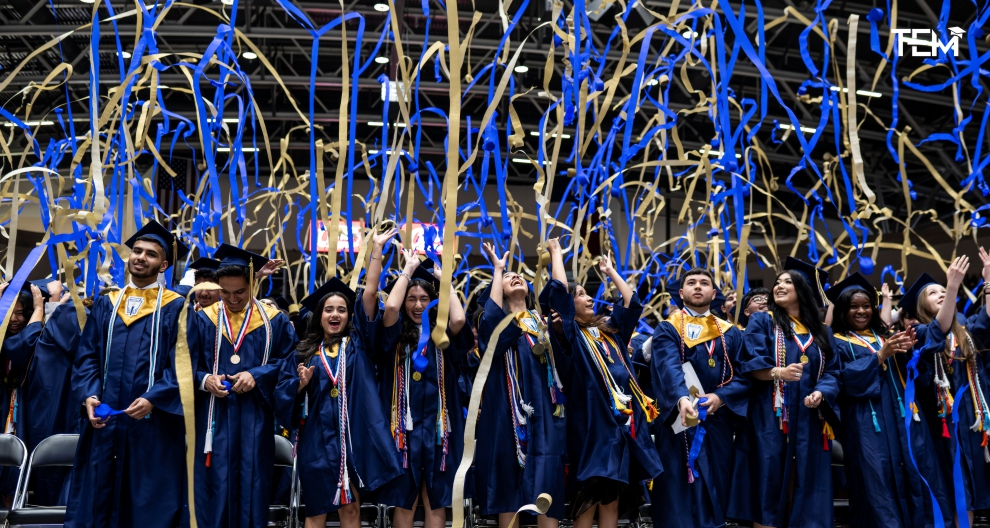Across the United States, families are re-evaluating what education should look like in a world that prizes adaptability, creativity, and well-being as much as academic achievement. The modern student no longer fits neatly into the mold of a nine-to-three school day or a standardized learning path. Parents want something different, an approach that respects individuality, nurtures curiosity, and integrates seamlessly with family life.
That’s where flexible schooling models are gaining traction. These programs aim to merge academic rigor with personal balance, allowing students to learn at their own pace while keeping families engaged in the process.
The New Expectations of Modern Families
Today’s families face pressures that didn’t exist a generation ago. Work schedules are more fluid, travel and relocation are common, and extracurricular commitments, from sports to entrepreneurship, occupy more time than ever before. Add to that the growing understanding of mental health and burnout among young people, and it’s easy to see why the conventional school structure often feels outdated.
Parents are asking new questions:
- How can my child receive an excellent education without sacrificing family time or well-being?
- Can school be both academically rigorous and emotionally supportive?
- What does success look like when every student is different?
Those questions are fueling innovation in private education, and schools that adapt to these realities are leading a quiet revolution in how learning happens.
Personalization as the New Standard
One school making that vision tangible is Score Academy Miami, a Cognia-accredited private school serving grades 6–12. It represents a shift away from uniformity toward true personalization.
At Score Academy Miami, every student follows a customized schedule based on their academic level, learning style, and personal goals. Class sizes are intentionally small, often fewer than six students, allowing educators to tailor instruction and pacing. For some, that means accelerating through subjects they’ve mastered; for others, it means slowing down to focus on comprehension and confidence.
“Many families tell us that Score Academy feels like an extension of their home,” says Jason Robinovitz, Chief Operating Officer of the school. “We partner with parents to build learning plans that fit each child’s strengths and needs. When education becomes personal, motivation and self-belief grow naturally.”
Building Balance Without Losing Rigor
The misconception about flexible schooling is that flexibility equals less discipline. In reality, it often creates more accountability. Students must learn to manage time, meet goals, and communicate proactively, skills that mirror real-world expectations far better than rigid routines.
This adaptability benefits students across a wide spectrum. Some are aspiring athletes who need time for training. Others are budding artists, entrepreneurs, or simply independent learners who thrive with autonomy. Regardless of the reason, the outcome is the same: students gain control over their education and, in the process, over their growth.
Families also find relief in this model. Without the constant struggle to match school calendars with personal commitments, stress levels decrease. Parents stay involved, teachers stay responsive, and students stay engaged.
The Human Side of Learning
While technology has become an essential educational tool, the human connection remains irreplaceable. At Score Academy Miami, the relationship between teacher and student sits at the heart of the learning experience.
“We emphasize mentorship over management,” explains Robinovitz. “Teachers guide students not just through academics, but through decision-making, resilience, and planning for their futures.”
That mentoring approach helps students build confidence in who they are and where they’re heading. It’s a stark contrast to large classrooms where individual attention can be rare and students often feel unseen.
Preparing for a Changing World
The modern workforce demands more than subject mastery. It rewards agility, collaboration, and problem-solving, traits that can’t be cultivated through memorization alone.
Flexible schooling provides a training ground for these abilities. Students who manage their own schedules develop self-discipline and accountability early on. They learn to balance responsibilities, prioritize tasks, and adjust when plans change, exactly the competencies required in higher education and future careers.
Universities increasingly value students who demonstrate independence and critical thinking, qualities fostered through this kind of personalized model. And with accreditation ensuring consistent academic standards, parents can feel confident their children are meeting, and often exceeding, national expectations.
Partnership With Parents
Another defining feature of flexible education is how it redefines the parent-school relationship. In many traditional systems, parents play a supporting role, attending meetings or checking progress reports. In personalized environments, they become collaborators in the process.
At Score Academy Miami, communication between parents, students, and teachers is continuous. Families participate in setting academic goals, reviewing progress, and adjusting plans throughout the year. This open dialogue builds trust and alignment, ensuring that every decision supports the student’s long-term growth.
The outcome is a community where education adapts to family life rather than forcing families to adapt to education. That shift creates not only more satisfied students but also stronger family dynamics built around shared goals and achievements.
Redefining Success in Education
Success today can’t be measured solely by grades or standardized testing. It’s reflected in a student’s ability to think independently, manage emotions, and navigate an unpredictable world with confidence.
Flexible private education nurtures these qualities by providing both structure and freedom. It sets high academic standards while allowing room for creativity, exploration, and personal growth. Students learn that their worth isn’t defined by comparison, but by progress, and that mindset can transform the trajectory of their future.
As the education landscape continues to evolve, schools like Score Academy Miami are proving that adaptability is not a compromise but an advantage. By blending academic excellence with personalized learning and genuine human connection, they’re offering a model that could shape the future of private education nationwide.
Because when learning honors individuality and life outside the classroom, students don’t just meet expectations, they surpass them. And in doing so, they remind us that the true purpose of education isn’t conformity, but growth.
Also Read: 15 Creativity Quotes to Spark the Imagination of Innovative Minds
